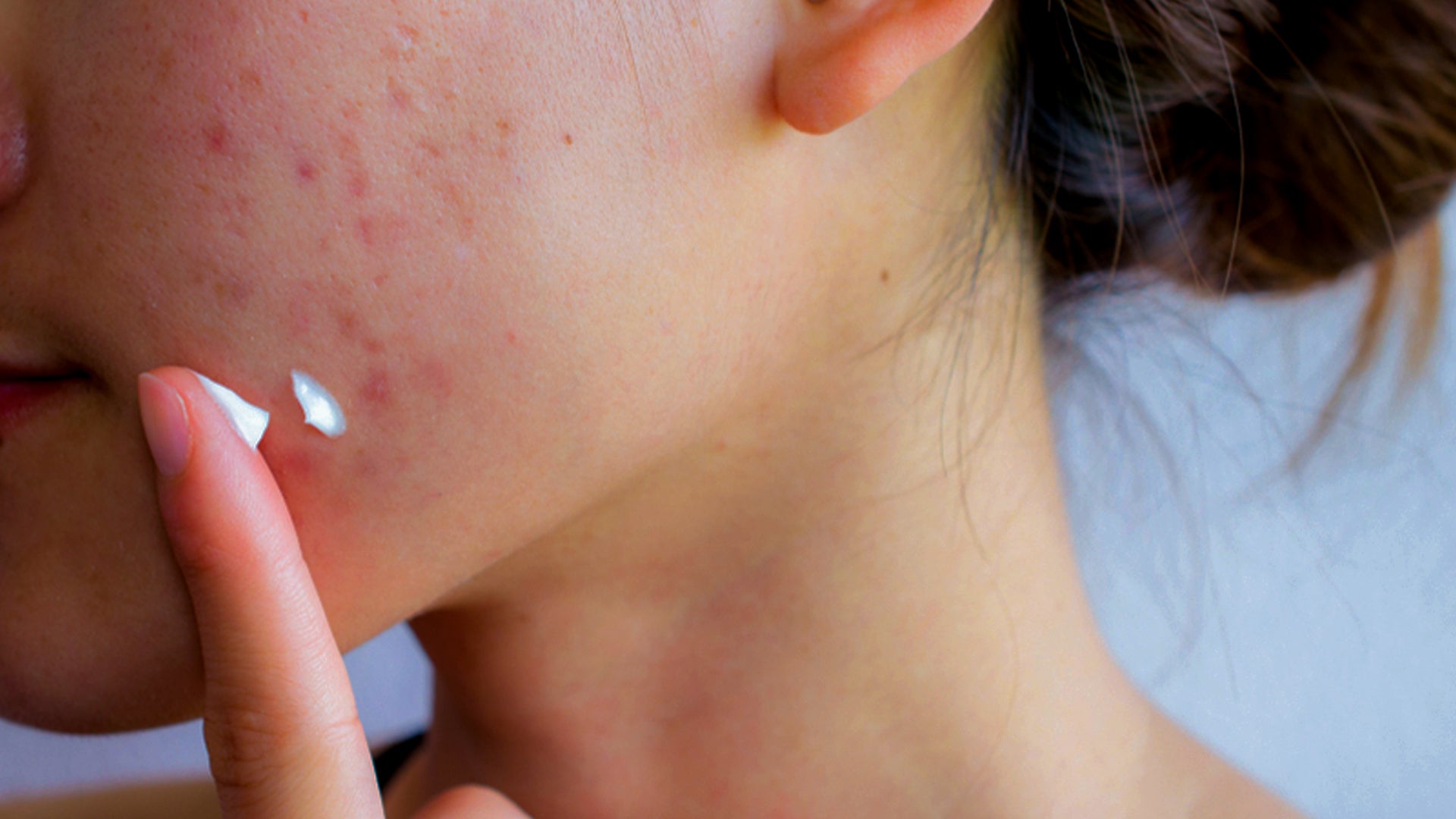Finding ideal moisturisers for dry skin may not be a hardship, but finding the right moisturiser for oily and acne-prone skin could be.
Often, there is a misconception that oily skin can skip the moisturising step from their regimen as their skin already produces excess oil, which acts as moisture content for the skin.
People who have oily skin often have parched skin (skin that isn't getting enough water), and their skin then attempts to compensate by generating too much oil. Even if sebum (the oil produced by oil glands) is abundant, the surrounding skin could be dry. Sebum helps to retain hydration in the skin's surface cells, but it may not be enough without a moisturising agent, preventing moisture from evaporating. Essentially, oil and water are two distinct things, and our skin requires both to be healthy.
Now, oily skin is usually prone to breakouts and taking acne treatments could be dehydrating. Hence, moisturising is essential for oily skin. After cleansing, the moisturiser's job is to retain moisture and trap much-needed water in the skin. A face moisturiser that refreshes without blocking up your pores is the right choice for oily skin.
But how does one know if they have oily skin?
Within an hour of cleansing, your skin would become shiny. You notice that your T-zone (the entire forehead, down the nose, and down to the chin) is the oiliest. You have a lot of outbreaks, particularly around your period. Your pores are relatively large, and you are susceptible to blackheads on your nose.
If your T-zone is oily, but your cheeks are dry and flaky (especially in the winter), you most likely have combination skin. Some of us are more prone to these symptoms during the summer and humid environments. When it's hot outside, sebum becomes more fluid and tends to flow more quickly out of pores. We also have more sweat, which acts as an emulsifying agent, enabling oil to disperse more easily across the skin.
Acne and dryness
We start implementing various kinds of products to fight acne, but many acne ingredients are extremely drying to the skin. Topical retinoids such as Retin-A (tretinoin) and topical antibacterials such as benzoyl peroxide fall into this category.
These medications promote drying in two ways:
- Topical retinoids accelerate the skin cell turnover cycle, speeding up the rate at which skin cells shed and abandoning the skin remaining flaky.
- Benzoyl peroxide is both sebostatic (it tends to slow sebum production) and mildly keratolytic (it exfoliates), which can lead to dry skin.
If you do not start replacing the moisture lost due to these ingredients, your skin will not only remain dry and flaky, but it will also be more susceptible to cracks, breaks, tears, and infection. The single best defence against these is to use a moisturiser on a daily basis.
Moisturisers for oily skin
Many moisturisers are primarily designed for oily skin. These products are light and rapid-absorbing, and they will not leave your skin feeling greasy or shiny.
A good moisturiser has three primary characteristics:
Occlusive: An occlusive agent is a moisture-sealing ingredient that forms a hydrophobic surface on the skin. Petrolatum, lanolin, mineral oil, paraffin, and squalene are all oily occlusive agents. If you have oily skin, silicone derivatives such as dimethicone or Cyclomethicone are non-greasy when used alone.
Humectants: Humectants are components that keep the skin hydrated by drawing water to the inner layers of the skin. These include glycerin, sodium lactate, ammonium lactate, hyaluronic acid, sorbitol, and alpha-hydroxy acids appropriate for oily skin.
Emollients: Emollients are ingredients that smooth skin by filling gaps between flakes in the stratum corneum (the outermost part of the epidermis) with oil. Some emollients are less greasy than others (like ceramides).
Easy ways to find moisturiser for acne-prone skin
- Labels such as "non-comedogenic" and "oil-free" are essential because they indicate that the moisturiser contains no ingredients that could clog pores. Lightweight products that soak up quickly can help to reduce the feeling of being overly greasy, particularly if your skin has been oily.
- Coconut oil can clog pores, whereas petroleum products can be too greasy and cause breakouts. Meanwhile, perfumes can be aggravating and drying to sensitive skin. It's best to avoid using fragrance entirely.
- Ceramides, niacinamide, hyaluronic acid, and salicylic acid are all potent ingredients that can help to reduce breakouts and possibly boost hydration. Try using the Squalane Ceramide Moisturiser that soothes the damaged skin barrier alongside providing adequate moisture.
By moisturising the skin, the serums which are water-based penetrate deep into the skin much better as they try to blend with the water content of the moisturiser.
References:







 +91 9347578980
+91 9347578980